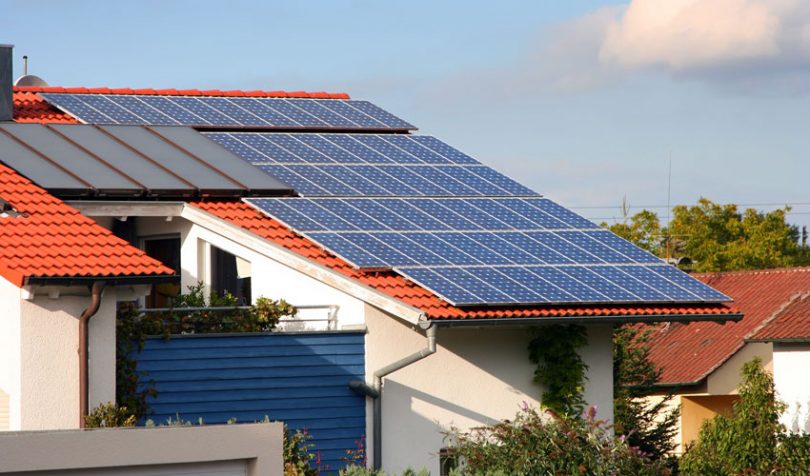Today, Australian blockchain firm Power Ledger announced two new projects — one expanding into the Australian National Energy Market (NEM) with a commercial deal in Canberra, and another to trial its peer to peer (P2P) energy marketplace in the Indian state of Uttar Pradesh.
The Australia deal is significant, as it gives Power Ledger distribution. The firm has partnered with renewable energy company EPC Solar Group to install its software at a commercial site tenanted by window supplier Dowell Windows. The site’s owner and Dowell Windows share a common renewable energy supply.
The parties will be using Power Ledger’s P2P energy trading platform to save on electricity bills by trading the electricity generated from rooftop photovoltaic (PV) panels between each other. The platform will also be made available in future to other EPC Solar customers who have installed PV panels.
For now, the three parties, EPC Solar, Dowell Windows and the commercial site’s owner will be using Power Ledger’s platform. EPC Solar and Power Ledger are already in talks to launch additional projects across Australia.
“The technology is a great value-add as it enables solar owners the long-term financial benefits of self-generated renewable power, but also gives them access to a way to pay back their investment faster,” said EPC Solar Managing Director Daryn Stocks.
This is the second commercial deal that Power Ledger has landed in Australia. Previously, the blockchain firm partnered with energy wholesaler Powerclub to launch its energy trading platform in South Australia.
Indian test
Meanwhile, Power Ledger has also signed a deal with the India Smart Grid Forum (ISGF), a public-private initiative to develop smart grid technologies in the country. ISGF will assist the Uttar Pradesh Power Corporation Ltd (UPPCL) to enable P2P solar energy trading in the state, in which a house with excess rooftop solar energy can sell it to a neighbor.
Initially, a pilot project will be run by UPPCL and UP New and Renewable Energy Development Agency (UPNEDA). Uttar Pradesh is the most populous state in India and has to depend on other power surplus states for its electricity requirements during peak months, reports the Hindustan Times.
India’s energy consumption is growing rapidly compared to other developing countries, and the Ministry of New and Renewable Energy has set a target of installing 40 GW of rooftop solar capacity across the country by 2022.
“Power Ledger’s platform integrates with smart meter systems to enable households to set prices, track energy trading in real-time and enable the settlement of surplus solar transactions in real-time through smart contracts executed on blockchain,” said ISGF Executive Director Reena Suri.
Phase-1 of the pilot will conclude by March 2020. The results will then be evaluated to formulate regulations around P2P solar energy trading in the state.
A few weeks ago, Power Ledger extended its partnership with Delhi’s semi-private utility BSES Rajdhani Power. With an energy trading trial in place, the duo plans to use blockchain for group net metering, virtual net metering, electric vehicle charging and virtual power plant applications.
Power Ledger is currently running trials in several countries including Thailand, Japan, Malaysia, Austria and the United States.






